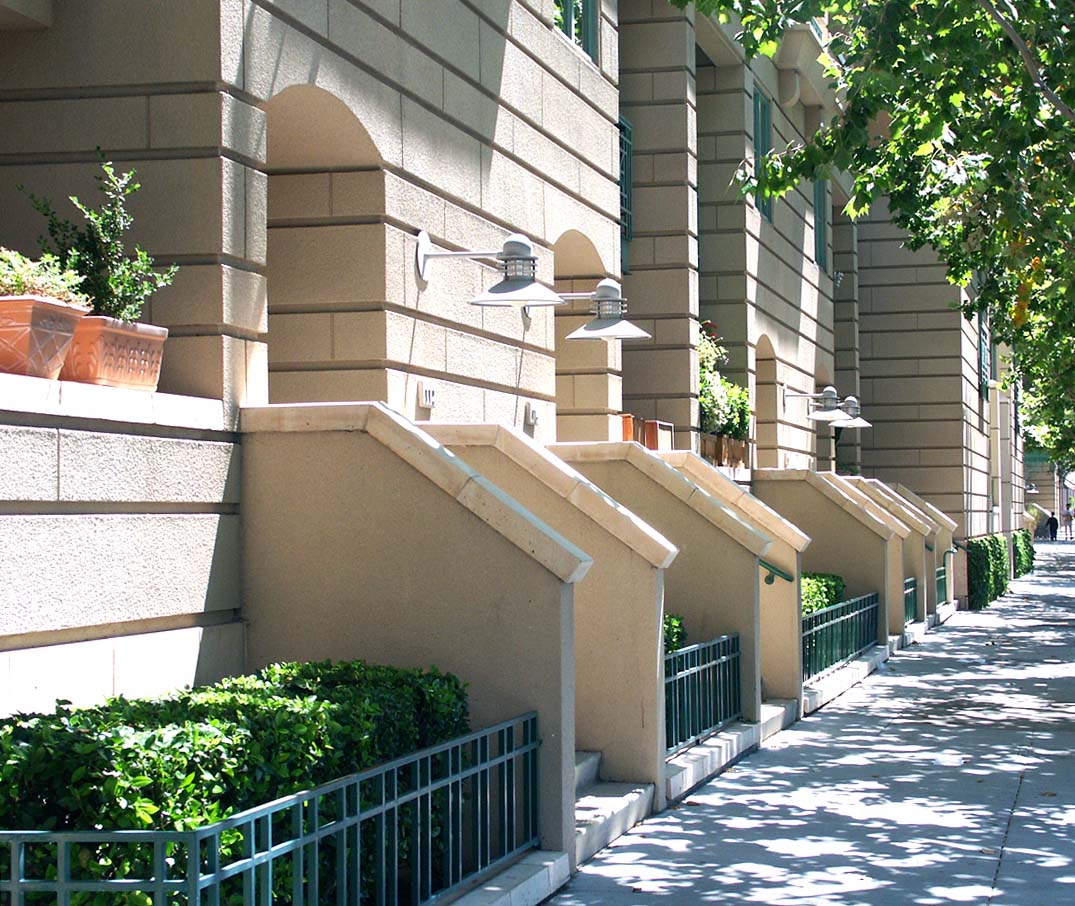Illinois HOA Dues Lawyer
Illinois Condo Dues Lawyer
 Need Help Collecting Condo Dues or Association Fees in Illinois?
Need Help Collecting Condo Dues or Association Fees in Illinois?Call The Rickel Law Group 313.886.0000
The Rickel Law Firm, P.C., is a national, full-service, Centennial law firm specializing in a range of legal services essential to the ongoing success of every Association. Our Illinois HOA dues lawyers provide respectful, thorough, and cost-effective collection of delinquent association assessments for both condominium owner associations (COA) and homeowner associations (HOA). Our Illinois condo fees collections attorneys operate professionally and considerately, always remembering that delinquent owners are also neighbors, friends and potential voters at annual meetings.
Experienced Illinois Condo Fees Collections Attorney
Rickel Law is one of the most experienced collections firms in the nation. As a full-service law firm, they provide community association services that include:
- Bylaw / Governing Document Formulation And Revision
- Covenants
- Declarations
- Deed Restriction Enforcement
- Dispute Resolution
- Delinquencies
- Vendor Contract Enforcement
- Association Legal Matters
Condo Collections Illinois
Rickel Law offers numerous advantages for property managers and associations seeking to recover outstanding association dues. Our firm brings industry-leading legal expertise to navigate the complexities of the collection process, ensuring compliance with local laws while avoiding potential pitfalls that could delay or jeopardize the recovery effort. Our process typically comes at no cost to the association. Our Illinois condo collections lawyer can initiate formal legal action via liens and court judgments, which sends a more immediate and serious message to delinquent owners. Additionally, Rickel Law can negotiate settlements and generate payment plans, relieving association officers of the uneasiness of direct confrontation while maintaining a professional approach. Ultimately, enlisting legal support for HOA collections in Illinois minimizes risk and maximizes the likelihood of recovering delinquent funds efficiently and
effectively.
Illinois Condo Collection
Need help with condo collection in Illinois? Contact The Rickel Law Firm, P.C. for expert assistance in recovering unpaid HOA dues and resolving disputes. Ensure timely payments and safeguard your association’s finances—contact us today!
Illinois Assessment Recovery Law Firm
As an experienced Illinois assessment recovery law firm, Rickel Law utilizes the ONYX Case Management System in the recovery of delinquent assessments for community associations. ONYX Case Management System is a user-friendly, proprietary software program that allows our Illinois assessment recovery lawyers to process the collection of delinquent association assessments with fail-safe accounting accuracy and timing. Our equitable flat fees are significantly lower than hourly attorney fees, resulting in substantial savings for our customers while providing increased quality of service and reduced risk of litigation. The ONYX system maintains current state and county statutes, with the flexibility to provide associations and property managers with customized, detailed information and expansive reporting capability. ONYX also gives clients fully transparent access and control of files, as well as real-time email updates of case transactions and related documents, all at no extra cost.
Community Association Lawyers Serving Illinois
For professional, experienced assessment recovery services, contact Rickel Law to speak with an Illinois HOA Dues Lawyer to assist with your delinquent assessments today!
Additional Information About Assessment Recovery

